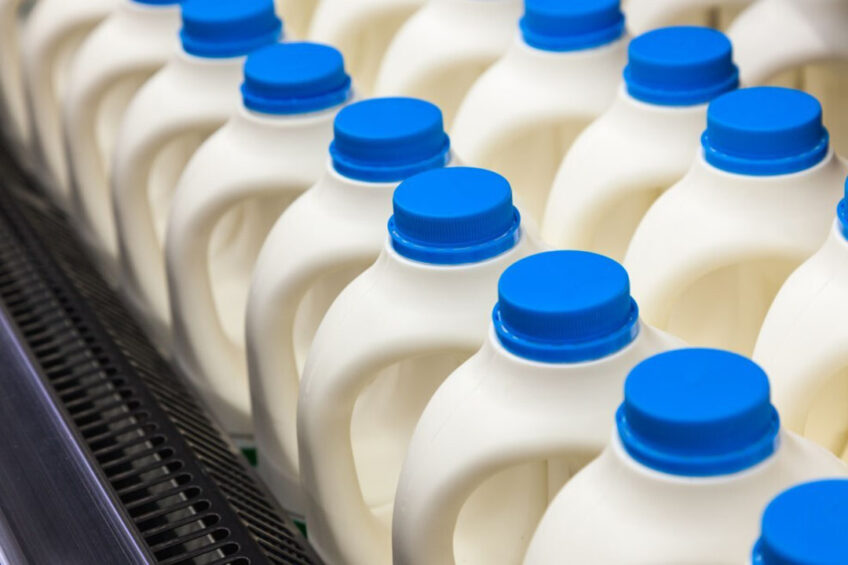Questions raised about Kazakhstan’s dairy sector stability

Kazakhstan’s self-sufficiency in raw milk is close to 25%, compared to 70% estimated by government agencies, a study conducted by Moscow-based think tank, Dairy Intelligence Agency, showed.
The chronic shortage of raw milk on a scale the officials refuse to acknowledge hurts dairy processors who are forced to purchase it from backyard farms, where quality leaves a lot to be desired, the analysts claimed.
Mikhail Mishchenko, head of the Dairy Intelligence Agency, said that government officials estimate that raw milk production in Kazakhstan last year totalled 3.9 million tonnes. He claimed that this figure is ‘fiction’, designed to reassure the market and the population that Kazakhstan had a high level of self-sufficiency in milk, and the actual production level is much lower.
“They [the officials] want to present things to the world better than they actually are and make exaggerations where it is difficult to find out the truth,” Mishchenko said.
Milk from backyard farms
The problem with self-sufficiency in raw milk is even more complicated if the quality factor is taken into account, according to Saule Zhankina, deputy head of the Dairy Union of Kazakhstan. Only 27% of milk in the country is produced by industrial farms.
The rest falls are from private farms or backyard farms. Their production are not just of poor quality but also have safety issues, Zhankina said.
Nearly 80% of milk from backyard farms does not meet safety requirements. The total microbial count in most samples taken during recent studies exceeded the norm,” she said, adding that this is causing the dairy processing segment to suffer.
“It would be good to meet our needs in raw milk by 90%. Our market needs to be saturated with cheeses, yoghurts, and baby food,” she said.
Some studies discovered that nearly 50% of raw milk supplied to dairy processing plants in Kazakhstan had inferior quality.
Changes are delayed
Kazakhstan has postponed the introduction of the Eurasian Union’s regulation on the safety of dairy products 3 times, which is now scheduled to come into force in 2025. Market players are confident that the poor quality raw milk is to blame.
Under this regulation, quality control across the supply chain will be strengthened. However, authorities reportedly fear that such a step would hurt thousands of milk farms across the country and eventually further worsen the food security situation in the domestic dairy market.






